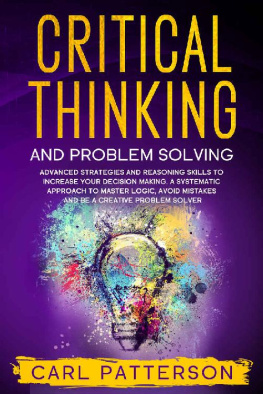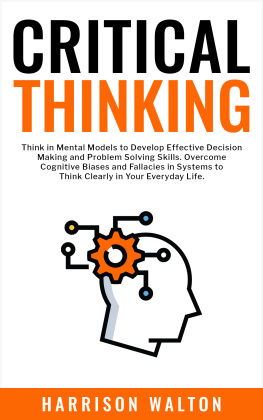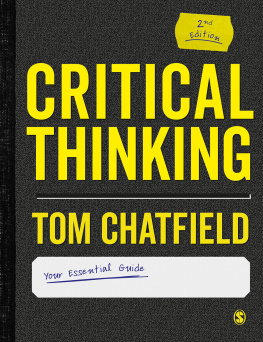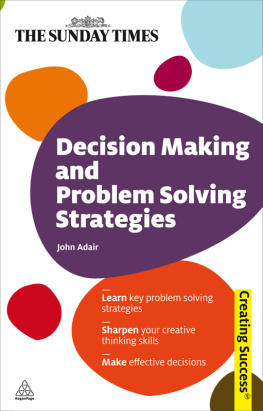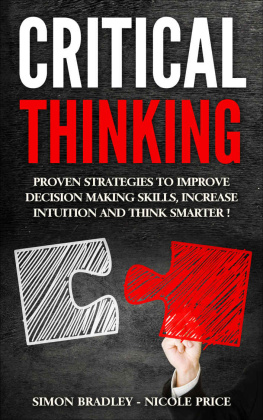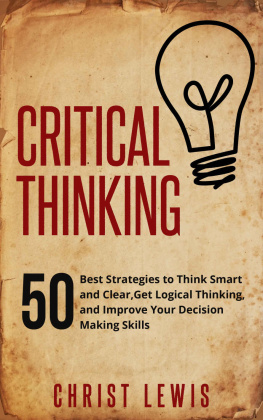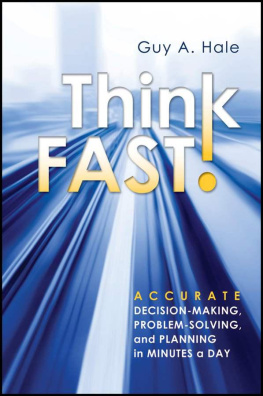Teaching: Introduction
While attending all-black, segregated schools in Kentucky during the 1950s, I was fortunate to be taught by African American instructors who were truly concerned that I, as well as all of their other students, had a "good education." According to those professors, a "good education" was not just one that provided us with knowledge and prepared us for a profession, but it was also one that encouraged a lifelong commitment to social justice, notably the struggle for racial equality. It was their firm belief that a teacher must always be humane in his or her actions. My perception of school as a place where curiosity can be developed and grown was shaped by their portrayal of both a superior intellect and an ethical morality.Teachers at our segregated, gated schools expected us to continue our education in college. They were imbued with the spirit of W.E.B. DuBois, who, in a 1933 essay on higher education for black people, declared, "There is no such thing as a free lunch."
Although we have the ability to create a better future, we do so through thought, planning, knowledge, and action rather than wish and will.
organization. If the college can produce an American Negro in the coming generation who understands himself and his struggle, as well as how to protect himself and fight racism, then the world of our dreams will come true, not the other way around.
We were taught that education was the surest path to achieving independence. The teachers were there to guide us and show us the route to liberation from our enslavement.
When I arrived at college, I was taken aback by the fact that the majority of my professors appeared to draw their primary enjoyment from exercising authoritarian power over my fellow students, shattering our spirits and demeaning our minds and bodies. I was honestly shocked. I chose Stanford University, a largely white institution, because the financial aid packages were better than those offered by black institutions, but I had never considered studying with racist professors. In spite of the fact that I had attended a high school with instructors that were outspokenly racist and condescending, I had a romanticized view of college. I imagined it would be a utopia of learning, where we would all be so absorbed in our studies that we would have no time for the trivialities of life, particularly racism.
We need more autobiographical stories of black students who were among the first generation of black students to attend predominately white institutions, universities, and colleges. Consider what it would be like to be taught by a teacher who does not believe that you are a completely human being in every way. Just imagine what it would be like to be taught by professors who genuinely think themselves to be superior on racial grounds and who believe that they should not be required to lower themselves by teaching kids who they truly believe are incapable of learning.
Generally speaking, we were aware of which white teachers openly despised us, and we avoided such classes unless they were absolutely required. Because the majority of us entered college as a result of a power-
When we began the anti-racist civil rights campaign, we were confident that we would find allies, which we did. The overt sexism of my college male teachers was, in my opinion, more harsher than their covert racism, which was surprising.
The prospect of going to school in this odd new environment of racial transition was both exhilarating and terrifying at the time. In those days, practically everyone was heralding the beginning of a new era of equality and democratic education, but in reality, the old hierarchies of race, class, and gender had not been dismantled or even weakened. In addition, freshly established rituals insured that they would be kept up. Trying to navigate these two worldsone in which we were free to study and learn like everyone else and another in which we were constantly reminded that we were different from everyone elsemade me feel a little crazy. I was eager to learn and enjoyed the process of learning, but I was terrified of the majority of my teachers.
I went to college to pursue a career in education. I, on the other hand, had no desire to be a teacher. I had aspirations to be a writer. Working menial jobs for lengthy periods of time did not make me a writer, and I soon realized that teaching was the best vocation a writer could choose for himself or herself. By the time I finished graduate school, I had worked with a variety of different sorts of teachers. The existence of progressive professors who trained students for the exercise of freedom was an exception, but they were an inspiration to me. I was certain that I wanted to follow in their footsteps and become a teacher who would assist kids in becoming self-directed learners. I was right. The progressive women and men (both black and white) who had shown me repeatedly, from elementary school on through college, the power of information influenced the kind of teacher I became as a result. These teachers demonstrated to me that it was possible to choose to educate for the practice of liberty.
I quickly discovered that I like teaching since it allowed me to assist students in their personal development and self-actualization. I enjoyed working with the students. The classroom was one of my favorite places. Many of the abuses of power I had witnessed during my education were still prevalent, which I found deeply upsetting, and I wanted to write about my experiences.
When I originally told Bill Germano, my long-time editor at Routledge, that I wanted to write a volume of essays about teaching, he voiced some apprehension on my part. He suggested that there might not be a market for such a book, pointing out that I was not a professor of education and that my published work to that point had concentrated on feminist theory and cultural criticism. My explanation was that I wished to investigate the connections between engaged pedagogy and issues of race, gender, and class in this new book, in addition to the influence of Paulo Freire's work on my thinking. Germano was persuaded as he listened to me, which was something he always did. The book Teaching to Transgress: Education as the Practice of Freedom, which was published in 1994, was a huge hit.
Teaching Community: A Pedagogy of Hope, the "sequel" to Teaching to Transgress, continued the exploration of issues of engaged pedagogy ten years after the publication of Teaching to Transgress. In the preface, titled "Teaching and Living in Hope," I discuss the fact that the first teaching book reached an incredibly varied audience, and that it provided an opportunity for me to engage in discourse with teachers and students about education and other issues. I shared the following:
Since 2009, I have spent more time in the classroom, educating teachers and students about the profession of teaching than I have in the typical English Department, feminist studies, or African-American studies classrooms. It was not only the capacity of Teaching to Transgress that enabled these new avenues of communication to be created. It was also the fact that, as I ventured out into the public arena, I attempted to bring as a teacher, passion, skill, and absolute grace to the art of teaching: It was evident to audiences that I lived what I taught, and audiences appreciated that. It was a vibrant example for teachers seeking practical insight to understand how theory and practice could be combined.



